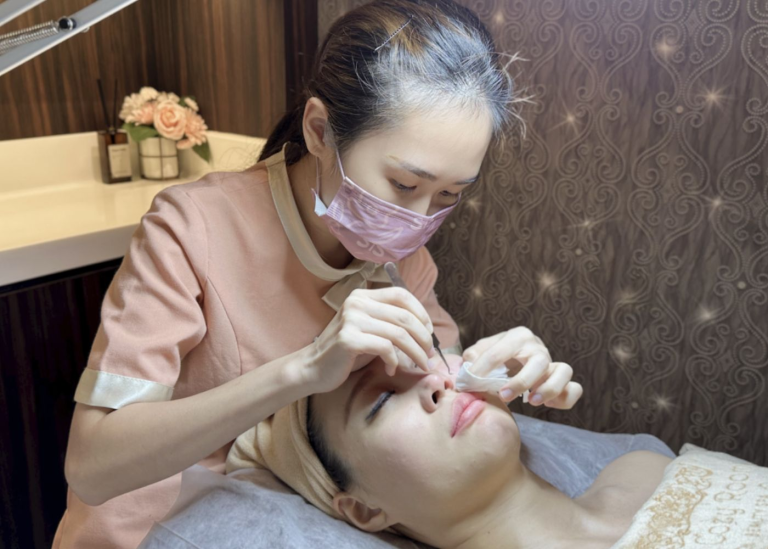Interventional Radiology pertains to a range of techniques relying on the utilization of radiological image guidance to accurately target therapy. It is also called Pinhole Surgery as procedures generally commence by passing a needle through the skin to the target organ. Ultrasonography, X-ray Fluoroscopy, Computed Tomography and Magnetic Resonance Imaging are the more commonly used radiological technologies for this purpose. Interventional Radiology treatments are mostly minimally invasive alternatives to surgery, both open and laparoscopic. Thus, the need for general anesthesia or heavy sedation, and consequently, risks are eliminated when undergoing these procedures.
Interventional Radiologists are medical doctors who went through extra years of training and experience thereby becoming highly specialized in performing Interventional Radiology procedures with utmost safety and accuracy. They are especially skilled in the interpretation of the diagnostic images as well as the manipulation and use of needles and fine catheter tubes or wires in navigating around the body under imaging control.
Interventional Radiology can treat a wide range of medical and surgical conditions and, as of the present, is still continuously expanding. It is currently getting a lot of recognition, and rightly so, due to the numerous known advantages of this minimally invasive technology:

- risks for patients are markedly reduced
- shorter hospital confinement
- reduced costs
- provides greater comfort and convenience
- faster recovery and convalescence
In most cases, Interventional Radiology is deemed more effective than traditional medical and surgical treatments.
The following are some conditions effectively treated with Interventional Radiology:
Blood Vessel Diseases
- peripheral vascular disease – narrowed arteries
- aneurysms – expanded arteries at risk of rupture
- hemorrhage – bleeding
- pulmonary embolism – blood clots in the lungs
- varicose veins – dilated veins commonly seen on the legs
Non-Vascular Conditions
- Interventional Oncology – tumor therapies are performed to destroy or shrink tumors at their primary focus or at sites to which they have spread.
– treats the cancerous tumor
– alleviates the effects of the malignancy on other body systems
– drains accumulated fluid or pus in the body cavities or organs
– inserts feeding tubes
– manages collapsed spinal vertebrae
Stone Forming Diseases
- kidney stones – may lead to irreversible kidney damage
- gall stones – may cause damage to the liver resulting in the yellow discoloration of the skin and sclera of the eyes (jaundice)
Interventional Radiologists are the only medical specialists who underwent thorough training in both Radiology and Interventional Treatment and have increasingly been making a huge contribution to the overall management of patients’ health status. Choose an esteemed and trustworthy interventional radiology Australia clinic and doctor to give you the professional yet caring treatment that will put that spring back to your step.














